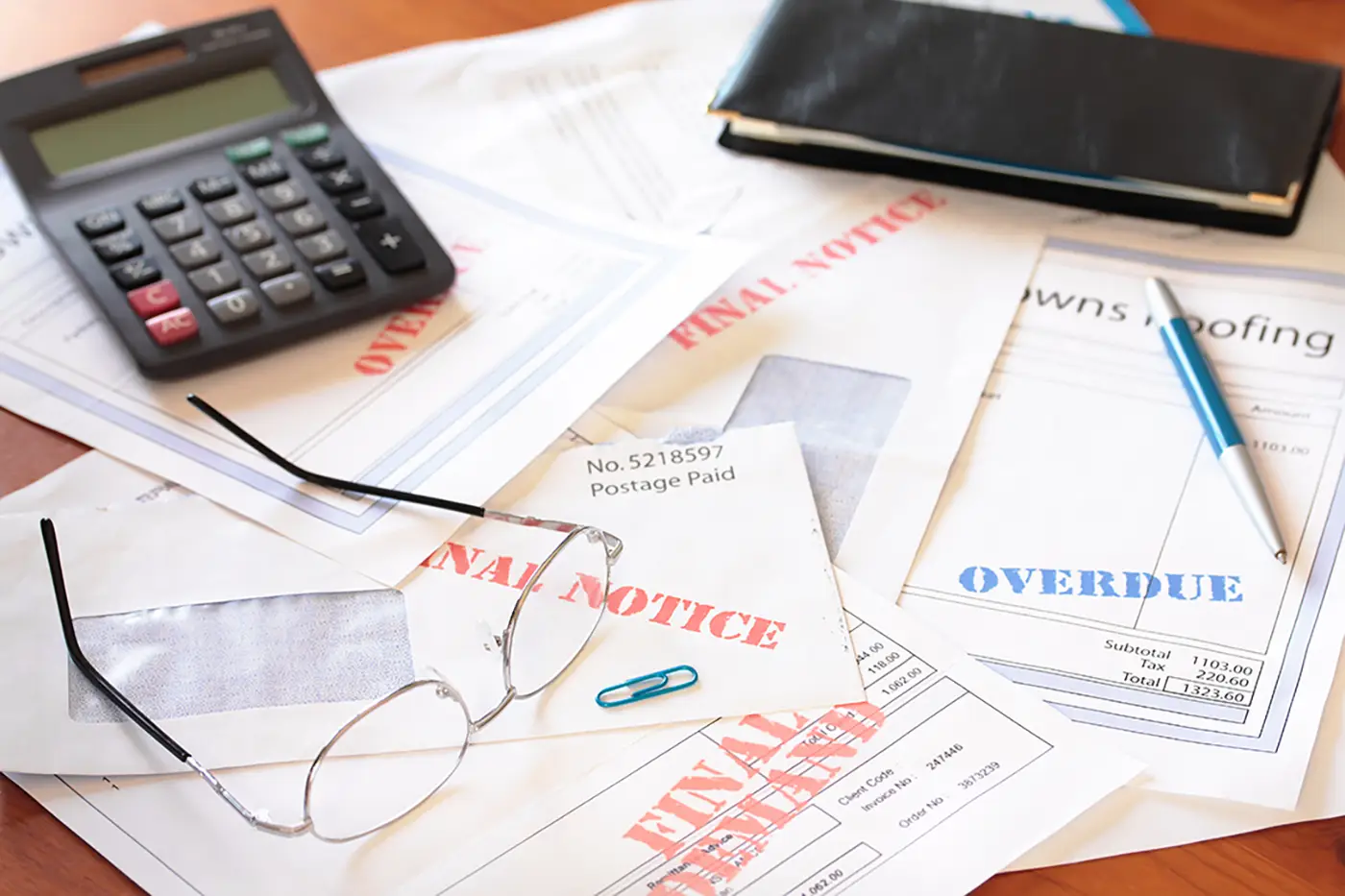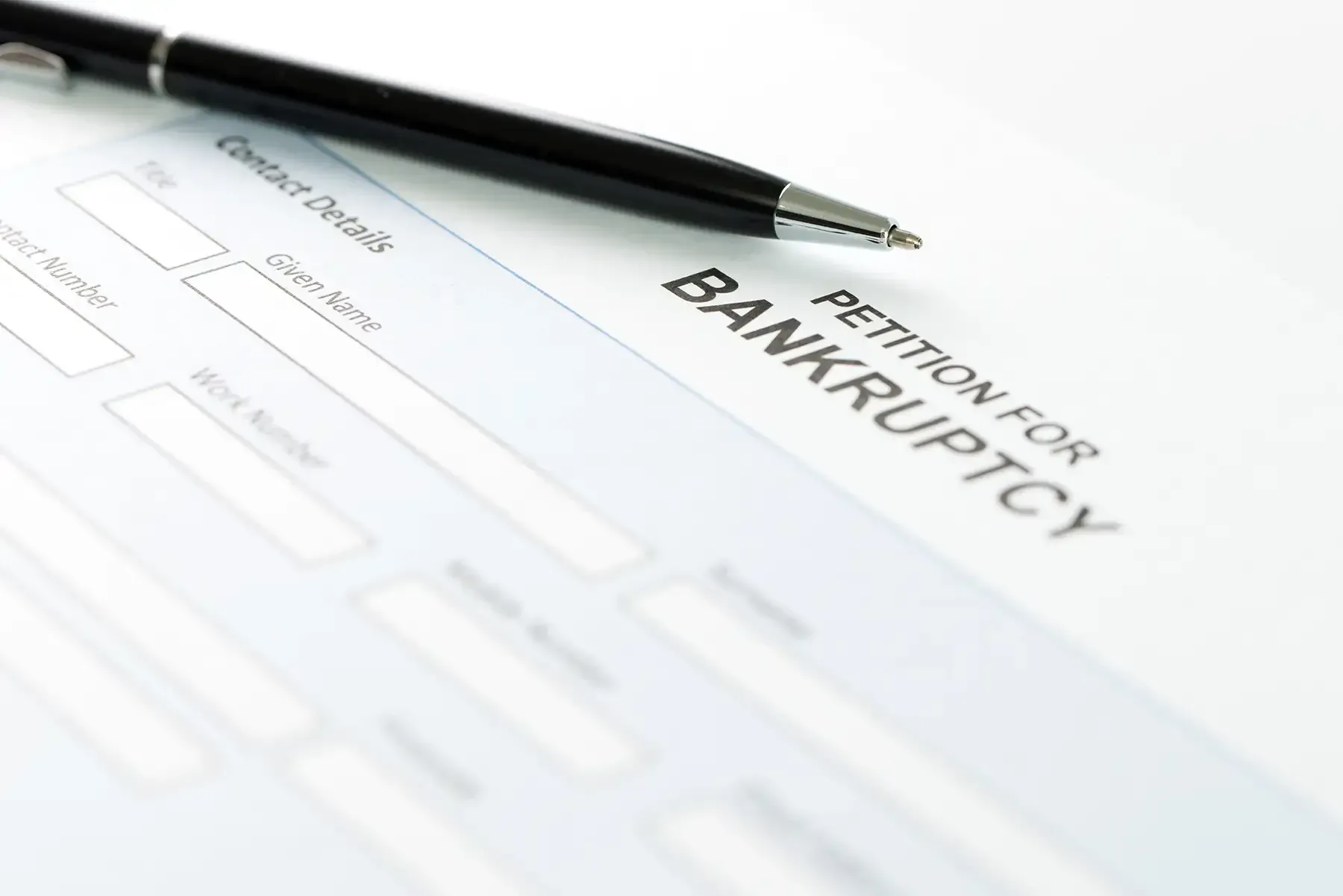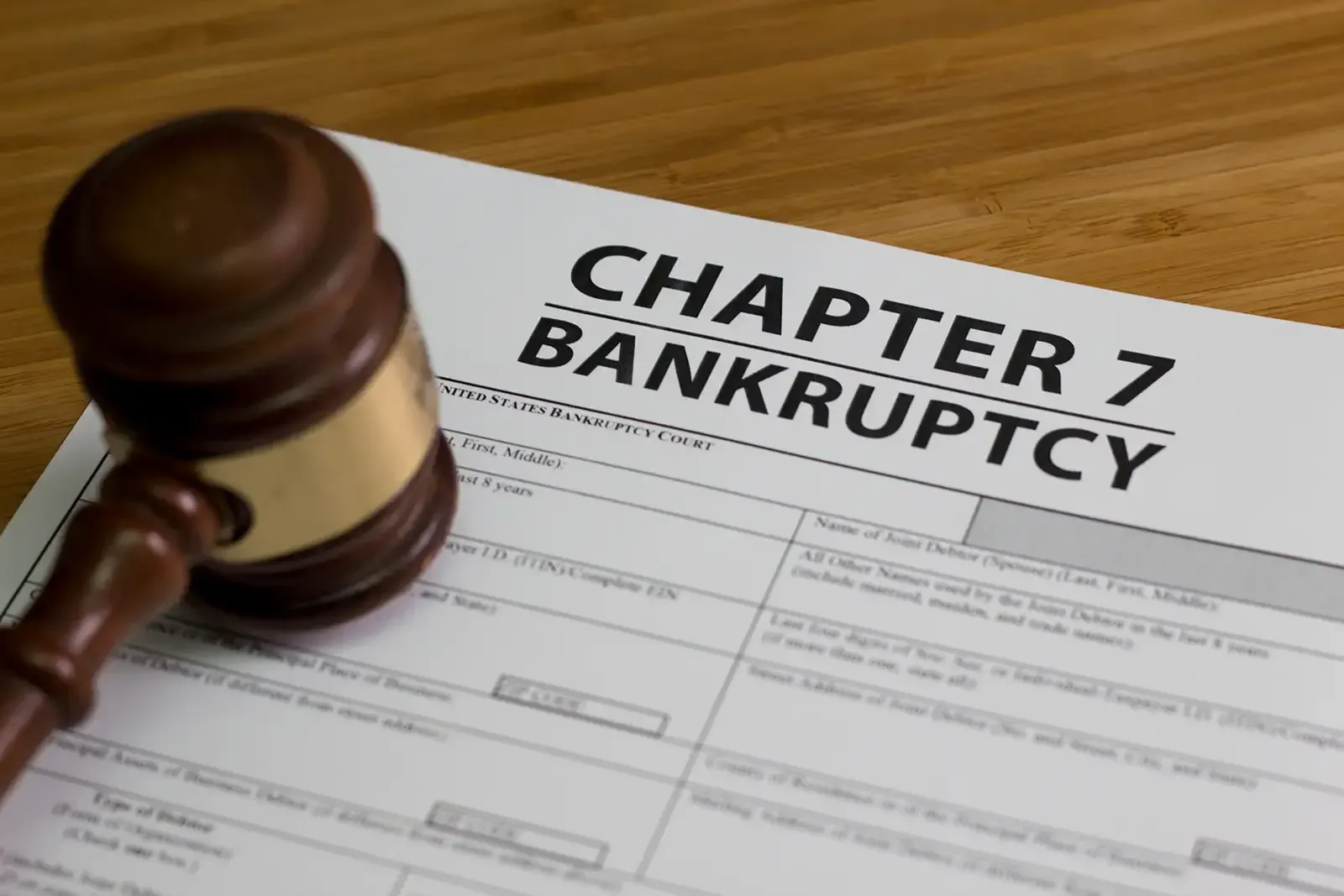Contact Us
Phone: 385-412-6553
Location
2195 W 5400 S
Suite 100
Salt Lake City, UT 84129
Hours
- Mon - Fri
- -
- Sat - Sun
- Closed
5 Options You Have When Facing Foreclosure
Foreclosure is when a homeowner can no longer make their mortgage payments, and the lender repossesses the house.
Luckily, one late mortgage payment will not trigger foreclosure. You typically need to completely miss between two and four consecutive installments before the lender starts the process. Mortgages backed by federal Fannie Mae and Freddie Mac programs have 60 days of guaranteed protection against foreclosure.
This means that if you are struggling to make payments on your mortgage, you have time to weigh your options, seek legal advice, and find the best solution to the issue.
In some instances, going through with foreclosure may be the only option. However, most of the time, alternatives for a loan default will allow you to keep your home or sell it without harming your credit report.
Here are five of the most common options that you have when facing foreclosure.
1. Bankruptcy
Filing for bankruptcy can actually be a way to keep your home when faced with foreclosure. Most people have two options: Chapter 7 and Chapter 13 bankruptcy.
Chapter 13 bankruptcy requires you to make a repayment plan for your debts. If you are earning income but not enough to cover your current mortgage payments, this option may allow you to catch up on missed payments using a renegotiated payment plan.
During Chapter 7 bankruptcy proceedings, a trustee sells your assets and uses the proceeds to pay lenders. You may be able to keep your home if you can get current on mortgage payments or if your state has laws that protect against foreclosure of a primary residence during bankruptcy.
For some people, having other debts discharged through Chapter 7 bankruptcy can help free up money to make timely home loan payments going forward.
The main drawback of this option is that bankruptcy is a black mark on your credit history. It will remain on your report for seven to 10 years, and it won't be easy to get any loans or credit during that period.
2. A Forbearance Plan
Lenders prefer to avoid foreclosure because of the expense and the risk of not getting a full return on their investment. They will often work with homeowners in danger of foreclosure to get payments back on track. One of the options a bank might offer is a forbearance plan.
In a forbearance plan, a mortgage company will agree to reduce the amount of the monthly payments for a set period. In some cases, they may suspend payments altogether.
Forbearance plans are meant to help homeowners with a temporary setback, such as unforeseen expenses, an illness, a divorce, or a job loss.
This option works for people experiencing a temporary setback who expect to return to a state of financial stability. After the forbearance period, you typically repay the lowered or suspended amount over time.
3. A Loan Modification
Another option is to contact the lender and try to amend the terms of your loan so that monthly payments are easier. You may be able to change specific factors, such as the interest rate or the length of the loan term, which could make the payments more manageable.
In most cases, the process involves submitting an application for loan modification. The bank may ask for supporting documents that prove you will be able to make the adjusted payments each month.
More importantly, once you apply for loan modification, the bank cannot continue foreclosure proceedings until they give you an answer on your application.
If you are underwater financially, you likely will not get a positive response from the bank. Therefore, this option is only a good choice for those who can still make reasonable monthly payments.
4. A Short Sale
A short sale is when the homeowner avoids foreclosure by selling the home for less than they currently owe on the mortgage. The profits from the sale go to the lender instead of the homeowner.
This option typically requires legal advice because laws vary by state. In some places, the lender must forgive the remaining balance on the mortgage after a short sale. In others, they can sue you to recover the amount.
A short sale is an alternative if you do not want to go through foreclosure. It will negatively affect your credit score, but you can still qualify for some mortgages after a short sale.
Furthermore, you are responsible for selling the home, but the bank must approve the offer before the sale goes through. This could be a lengthy process, and it typically requires a real estate agent who is experienced with this type of transaction.
One positive, however, is that you can remain in the home while seeking a buyer.
5. Deed in Lieu of Foreclosure and Deed for Lease
With these options, you avoid foreclosure by handing over the deed of the property to the lender.
If you opt for a deed in lieu of foreclosure agreement, you simply sign the property over to the lender, and they forgive your debt. This option is an alternative to foreclosure if your financial struggles are not temporary, and you cannot hope to make monthly payments. This agreement is sometimes known as a mortgage release.
A deed for lease also requires you to sign your property over to the lender. However, they agree to let you stay in your home as a tenant as part of the agreement. You will have to begin paying rent immediately after giving up the house. However, the monthly payments will likely be cheaper because you are no longer responsible for insurance, property taxes, and general upkeep. Most lenders charge the market rate for a similar rental in the area.
These options will help you avoid foreclosure, but they may negatively impact your credit score.
Seek Legal Help When Facing Foreclosure
The best option when facing foreclosure will depend on your specific situation. An experienced attorney can help you weigh the choices and decide which steps will give you the best result. Though facing foreclosure is stressful, you can still get a positive outcome if you make the correct decisions and get sound advice along the way.







Schedule a Case Evaluation
Contact us now!
Homepage FCE Form
We will get back to you as soon as possible.
Please try again later.
By submitting this form, you agree to be contacted by our law firm, either by phone, text or by email.
Salt Lake City Office
2195 W 5400 S, Suite 100
Salt Lake City, UT 84129
Provo Office
470 N. University Ave, Suite 202
Provo, UT 84601
South Ogden Office
1704 Combe Rd
South Ogden, UT 84403
Spanish Fork Office
265 North Main Street, Suite 106
Spanish Fork, UT 84660
Hours
- Mon - Fri
- -
- Sat - Sun
- Closed
Disclaimer: We are a federal debt relief agency that helps people file for bankruptcy relief under the bankruptcy code. This site is not intended as legal advice and does not create an attorney-client relationship. If you wish to obtain legal advice or form an attorney-client relationship, please contact us to discuss your options.
All Rights Reserved | Alta Legal | Powered By Convert It Marketing | Privacy Policy
All Rights Reserved | Alta Legal | Powered By Convert It Marketing | Privacy Policy


